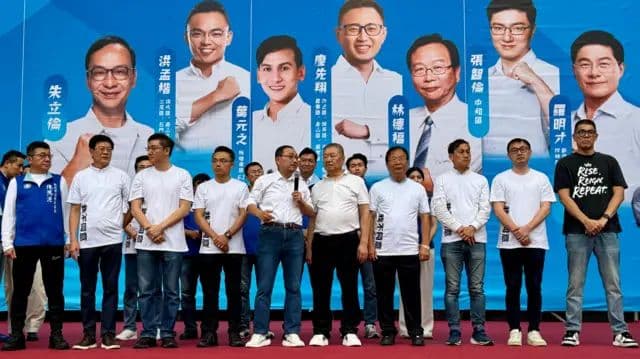Chinese Football Fans Force BYD Sponsorship Cancellation

Rising Fury Fans Target BYD
Fans ignited a massive online boycott after China’s men’s national team suffered early exits from the 2026 World Cup third-round qualifiers and the EAFF E1 Championship, heightening frustration over repeated failures.[web:1] A viral fan video declaring ‘Stop funding disgrace’ sparked the hashtag BoycottBYD, as supporters urged companies to sever ties with what they called a ‘national embarrassment’.[web:3] Within days, social media buzz made BYD publicly reconsider its planned five-year, 75 million RMB sponsorship deal with the Chinese Football Association, marking an unprecedented corporate backlash to fan outrage.[web:4] Just weeks earlier, automotive news blogs on Naver had praised BYD’s Euro 2024 partnership as a bold environmental statement,[web:19] but those glowing posts have been replaced by scathing commentary accusing the company of neglecting its home fans.[web:29]
Shocks Through Chinese Football

BYD’s sponsorship deal was more than a standard jersey partnership; it was designed to underwrite youth development and facilitate promising players’ moves to European clubs from July 2025 through June 2030, with annual investments of 15 million RMB.[web:1] Yet, to fans already wounded by China’s drop from Asia’s semi-elite to a third-rate side since its lone 2002 World Cup appearance, the plan looked like another costly failure.[web:3] Fans lamented that pouring hundreds of millions into a mismanaged system would only prolong mediocrity rather than spark real progress, reflecting decades of disappointment.[web:3] This sentiment was mirrored in popular football blogs on Naver, where readers criticized the move as tone-deaf to grassroots needs and demanded accountability from both the CFA and its sponsors.[web:21]
Corporate Sponsorship Under Siege
Football analysts note that the boycott represents a strategic shift: supporters have moved from voicing anger at the Chinese Football Association to directly targeting the money that sustains it.[web:2] Commentators argue that recognizing capital’s power over the sport has empowered fans to leverage corporate sensitivity, turning sponsors’ fear of reputational damage into an effective pressure point.[web:2] Ironically, BYD’s high-profile global partnerships—from sponsoring Euro 2024 in Germany to joining forces with Inter Milan—boosted its brand abroad but deepened domestic resentment when contrasted with the national team’s lackluster performance.[web:19][web:18] This clash between global ambition and local frustration underscores the complex interplay of nationalism, consumer activism, and modern sports marketing in today’s China.[web:18]
A New Era of Fan Power
In response to mounting pressure, the Chinese Football Association announced plans for structural overhaul, pledging transparent coach selection, a new technical director system, and fan hearings to restore credibility.[web:2] Despite these promises, many fans remain skeptical, questioning whether reforms can reverse years of mismanagement and rebuild trust before sponsors return.[web:2] The cancellation of BYD’s investment may mark a watershed moment, signaling that modern football’s financial lifelines are no longer immune to fan activism.[web:16] As Chinese supporters watch this unprecedented saga unfold, it raises broader questions about the balance between corporate power and popular will in shaping the future of the sport.[web:2]
Discover More

Taiwan’s ‘Pro-China’ Recall Vote Shakes Up Parliament
Taiwan kicked off a hotly contested recall vote for 24 Kuomintang legislators today, pitting civic activists against the opposition and risking a shift in the island’s legislative balance as foreign eyes watch closely.

Inside Pyongyang’s Surprising Foreign Goods Boom
In October 2025 Pyongyang’s markets brim with Oreos, Japanese KitKats, luxury Dior cosmetics and more, blending fandom tweaks with economic realities in a unique cultural twist.